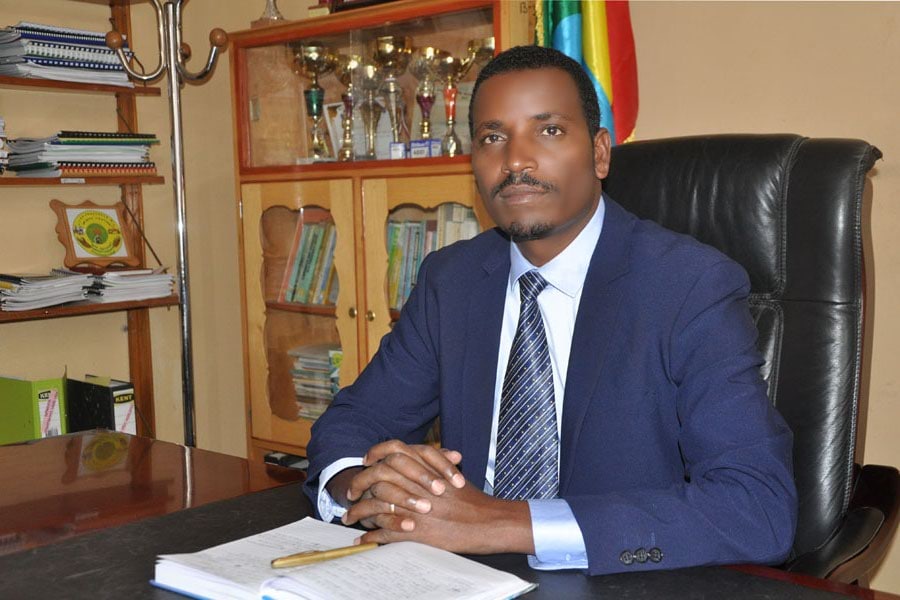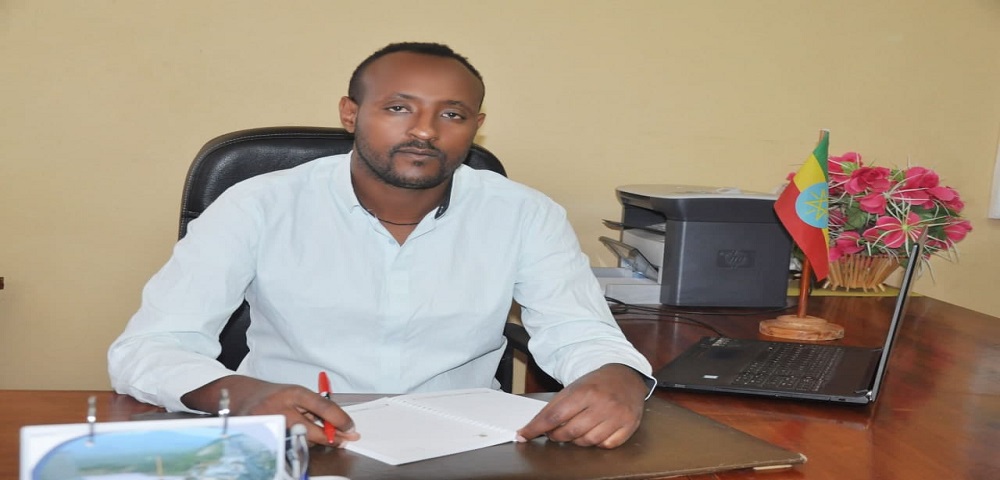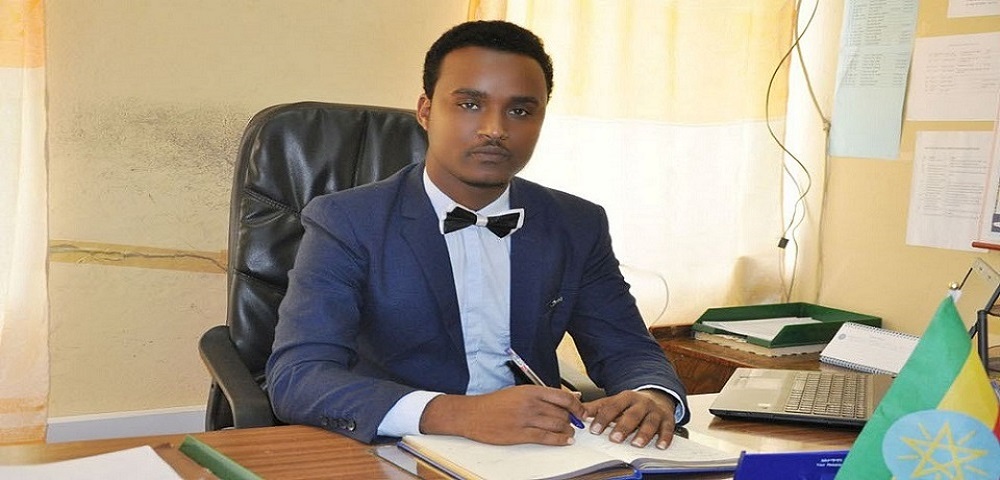.

Dr. Chala Feyera, Dean of The College.
Agarfa Agricultural Technical Education and Training College (ATET) is one of the five Federal Agricultural Colleges administered under the Ministry of Labor and Skills, and it aims to produce skilled workforces that are intended for the agricultural sector at the intermediate level, based on the country’s agricultural development policy and strategy.
Since its inception in 1982 as the “Agarfa Multipurpose Farmers’ Training Center”, offering six months of training to 16,322 farmers, Agarfa Agricultural College is an institution that has successfully completed three national missions.
As agriculture is the pillar of our nation’s economy, the College is producing qualified development agents to provide the required human resources for the sector. Established in the Oromia region Agarfa district of Bale Zone, on 4,224 hectares of land at an altitude of 2350 to 2365 meters above sea level with an annual rainfall of 750 – 1000mm and temperature of 6-250C, Agarfa College is located 458 km to the east of Addis Ababa. It is an attractive place surrounded by a river, natural grace, and fertile soil.
Agarfa is a unique place holding a diverse national community serving the college with love, respect, and cooperation. The climate has been favorable not only for human beings but also for livestock, horticulture, crop and crop production, and all sectors involved.
The training center grew into Agricultural College in 2001 and was named Agarfa ATVET College as a three-year diploma training program.
It is our intention to work beyond the regular training to make it possible for the local community to take advantage of a variety of short courses and advanced technologies. In the future, maintaining the natural environment, using local knowledge, and engaging the local community on any issues of the College will be our top priority.
We actively work on maintaining the quality of technology-based training; continually strive to improve administrative services, internal organization, and qualified human resources.
Our college, therefore, calls upon governmental, non-governmental, private sectors, and investors to contribute to supporting the training that our college is discharging.



Recent Comments